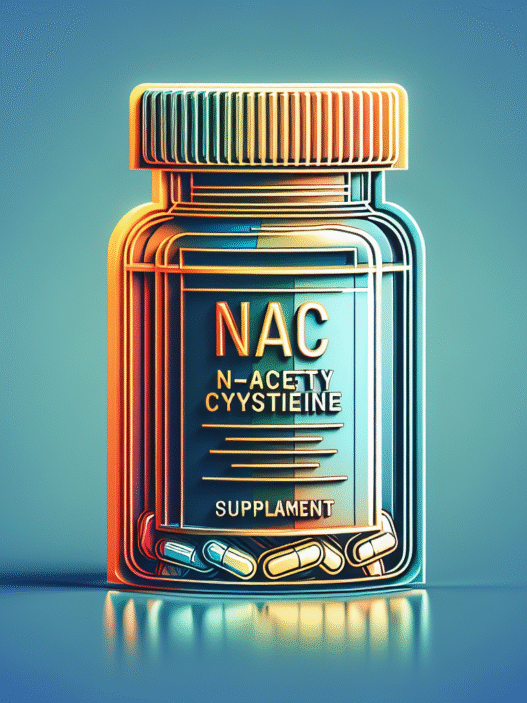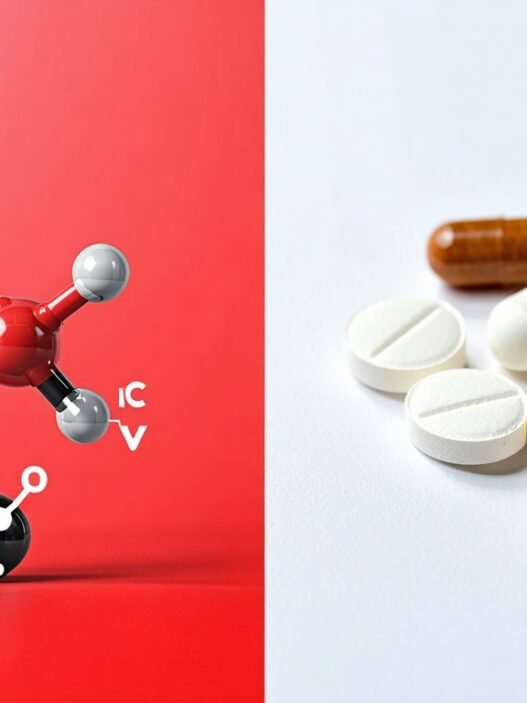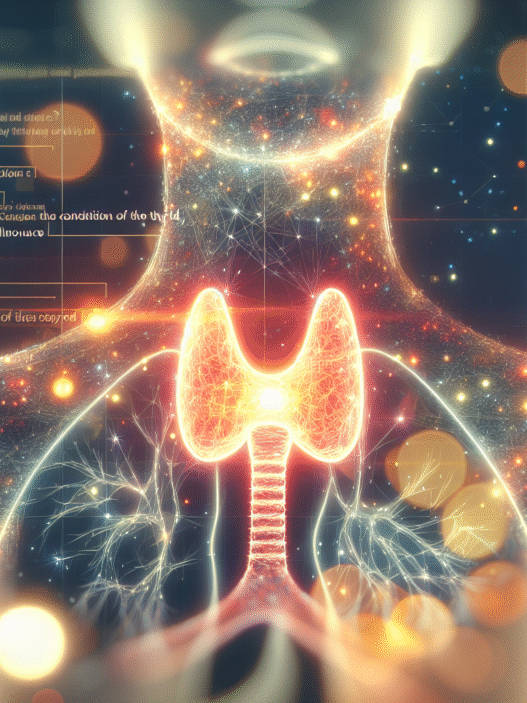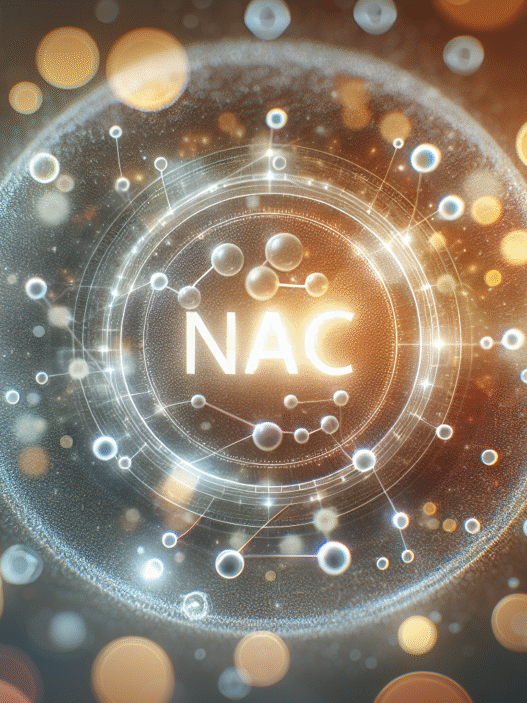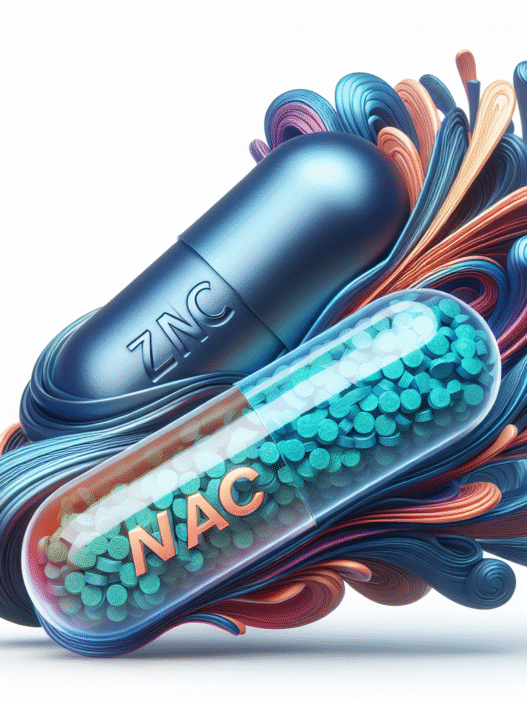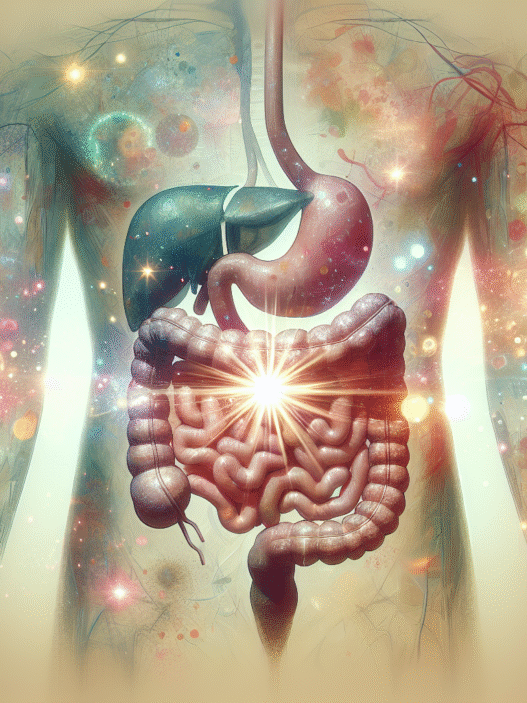Understanding NAC Supplement
Importance of NAC
N-Acetyl Cysteine (NAC) serves as a vital building block for the synthesis of glutathione, one of the body’s most essential antioxidants. It plays a crucial role in neutralizing free radicals that can damage cells and tissues, potentially lowering the risk of various health conditions, including cardiovascular disease. NAC supports overall health through detoxification, assisting in preventing liver and kidney damage from toxic exposure. This makes it particularly relevant for individuals concerned about liver health and detoxification.
NAC also functions as a powerful antioxidant itself, scavenging free radicals, especially oxygen radicals, which helps in minimizing oxidative stress within the body (NCBI). By aiding in the production of glutathione, NAC contributes to numerous bodily functions, including immune response and cellular repair.
Function of Glutathione
Glutathione is often referred to as the body’s master antioxidant. It is essential for fighting oxidative stress and maintaining cellular function. The body’s natural production of glutathione can be influenced by various factors including age, diet, and environmental stressors. As NAC boosts glutathione levels, it helps combat oxidative damage in cells and tissues, promoting overall health and longevity.
| Function | Description |
|---|---|
| Antioxidant | Neutralizes free radicals and reduces oxidative stress. |
| Detoxification | Supports liver function and detoxifies harmful substances. |
| Immune Support | Enhances immune response by promoting healthy cell function. |
The antioxidant properties of glutathione are crucial in improving overall health and longevity. It is particularly significant in supporting liver health, a concern for many seeking longevity [n-acetyl cysteine benefits].
In conclusion, understanding the importance of NAC and its role in glutathione production is vital for anyone interested in the potential health benefits of this supplement, especially regarding liver support and detoxification.
Health Benefits of NAC
N-Acetyl Cysteine (NAC) is renowned for its multifaceted health benefits, particularly in supporting liver health and overall detoxification. This section delves into the primary benefits associated with NAC, including its roles in detoxification, mental health, respiratory system support, and enhancement of brain health.
Detoxification Role
NAC plays a pivotal role in detoxification processes within the body. It aids in preventing kidney and liver damage caused by toxic exposure, particularly in cases of acetaminophen overdose. It has been shown to effectively mitigate harm if administered within eight to ten hours of poisoning, thereby being a crucial asset in emergency situations.
The table below summarizes the key functions of NAC in detoxification:
| Function | Description |
|---|---|
| Liver Protection | Prevents damage from toxic substances |
| Kidney Protection | Reduces risk of kidney toxicity |
| Acetaminophen Overdose | Effective treatment if used promptly |
Mental Health Support
NAC is also recognized for its potential mental health benefits. Research indicates that it can help regulate glutamate levels, a neurotransmitter vital for mood regulation. This makes it a promising supplement for improving symptoms related to mood disorders and could be beneficial for individuals experiencing depression or anxiety (Healthline).
Inadequate glutamate regulation can lead to various mental health challenges, making NAC a valuable resource in management strategies for those affected.
Respiratory System Benefits
The respiratory system can greatly benefit from NAC. It acts as an antioxidant and replenishes glutathione levels in the lungs, which aids in reducing inflammation and improving symptoms of respiratory conditions, including chronic obstructive pulmonary disease (COPD) and chronic bronchitis.
The following table outlines the respiratory benefits NAC provides:
| Benefit | Description |
|---|---|
| Antioxidant Properties | Protects lung tissue from oxidative stress |
| Inflammation Reduction | Aids in inflammatory responses in the lungs |
| Symptom Improvement | Enhances quality of life for individuals with COPD |
Brain Health Enhancement
NAC supports brain health by enhancing dopamine function and regulating glutamate levels, which can help improve symptoms in conditions such as Alzheimer’s disease and Parkinson’s disease. Its antioxidant properties further safeguard brain cells from oxidative damage, a contributor to cognitive decline.
Key brain health enhancements offered by NAC include:
| Enhancement | Description |
|---|---|
| Dopamine Regulation | Supports mood and cognitive functions |
| Neuroprotective Effects | Protects brain cells from oxidative stress |
| Symptom Management | Improves quality of life in neurodegenerative conditions |
NAC supplements present a compelling option for those seeking to improve their health and longevity through its diverse range of benefits, particularly in detoxification and mental health support. For more information on NAC and its wide-reaching effects, consider visiting our article on n-acetyl cysteine benefits.
NAC for Specific Conditions
Role in Liver and Kidney Health
N-acetyl cysteine (NAC) plays a crucial role in detoxification, particularly in supporting liver and kidney health. It helps prevent damage from toxic exposures by boosting the body’s levels of glutathione, an essential antioxidant that protects against oxidative stress. In cases of acetaminophen overdose, intravenous NAC is commonly used to reduce organ damage, highlighting its importance in acute medical scenarios.
The liver relies on glutathione to neutralize harmful substances. By supplementing with NAC, individuals can enhance their liver function and overall detoxification capacity. Gentle on the kidneys, NAC may also help improve renal function in those with kidney issues, providing protective benefits during detoxification processes.
| Organ/Function | NAC Effectiveness |
|---|---|
| Liver Health | Reduces damage from toxins and improves detoxification. |
| Kidney Health | Supports renal function while aiding in detox processes. |
Fertility Improvement
NAC has been found to be beneficial for fertility, particularly in men and individuals facing fertility challenges. Studies indicate that NAC can improve semen quality and help regulate ovulation, making it a valuable supplement for those with fertility concerns. In men, NAC supplementation alone or in combination with selenium has shown positive effects on sperm health (WebMD).
Moreover, NAC has been successfully used as a supporting therapy for individuals with polycystic ovary syndrome (PCOS), particularly those resistant to clomiphene citrate (CC). This has resulted in significantly increased ovulation and pregnancy rates for these women.
| Fertility Aspect | NAC Impact |
|---|---|
| Semen Quality (Men) | Enhances sperm health and quality. |
| Ovulation Regulation | Aids regular ovulation in women with PCOS and fertility issues. |
NAC offers multiple benefits for liver and kidney health, as well as the potential to improve fertility. Individuals seeking to enhance these specific health aspects may find NAC supplementation beneficial. For further details on NAC and its broad range of advantages, refer to our article on n-acetyl cysteine benefits.
Potential Benefits of NAC
Obesity Management
N-Acetyl Cysteine (NAC) may play a significant role in managing obesity. Research indicates that NAC can help control critical processes associated with obesity, such as fat storage, energy metabolism, and hormone balance. By reducing inflammation, oxidative stress, and insulin resistance, NAC could improve metabolic function.
Preliminary studies suggest the potential of NAC in enhancing fat tissue function, which could result in more effective weight management. With careful monitoring and more comprehensive research, NAC might offer promising benefits for those seeking to maintain a healthy weight.
| Mechanism | Effect |
|---|---|
| Reduces Inflammation | Lowers risk of metabolic syndrome |
| Lowers Oxidative Stress | Improves overall metabolic health |
| Decreases Insulin Resistance | Enhances hormone balance |
Heart Disease Risk Reduction
NAC may also contribute to reducing the risk of heart disease. Its antioxidant properties support cardiovascular health by combating oxidative stress, which is known to contribute to heart disease. This mechanism involves the replenishing of glutathione levels, which is crucial for maintaining cellular health in the cardiovascular system.
Studies suggest that consistent use of NAC can lead to improvements in various risk factors associated with heart disease. These include cholesterol levels and blood pressure regulation. While ongoing research is necessary to confirm these benefits, preliminary evidence is encouraging for those interested in implementing NAC supplement benefits in their heart health regimen.
| Factor | Potential Impact |
|---|---|
| Cholesterol Levels | May lower LDL cholesterol |
| Blood Pressure | Could contribute to regulation |
| Oxidative Stress | Reduces overall cardiovascular risk |
By exploring the potential benefits of NAC, individuals concerned with liver health, detoxification, and overall longevity can consider incorporating it into their health routines. For optimal results, understanding appropriate dosages and administration methods is essential. For more information, refer to n-acetyl cysteine dosage.
Mechanism and Efficacy
N-Acetyl Cysteine (NAC) has gained attention for its wide array of therapeutic potential, particularly its antioxidant action and its role in various health conditions.
Antioxidant Action
NAC plays a crucial role in boosting levels of glutathione, a vital antioxidant that helps eliminate free radicals from the body. By reducing oxidative stress, NAC lowers the risk of several health issues, including heart disease, diabetes, and infertility.
The antioxidant properties of NAC stem from its ability to stimulate glutathione biosynthesis and act as a scavenger for free radicals. This makes it particularly beneficial in addressing diseases characterized by elevated free oxygen radicals, as NAC improves the body’s ability to neutralize these harmful agents (NCBI).
Role in Various Health Conditions
NAC’s efficacy extends beyond just its antioxidant capabilities. It has shown promise in improving symptoms associated with various health conditions. For example, it helps replenish glutathione levels, which may play a critical role in conditions like Chronic Obstructive Pulmonary Disease (COPD), chronic bronchitis, Alzheimer’s, and Parkinson’s diseases. By reducing inflammation and restoring glutamate balance in the brain, NAC may enhance cognitive function and alleviate symptoms in neurodegenerative disorders.
Further, NAC is believed to have potential benefits in viral suppression, balancing blood sugar levels, enhancing liver and kidney function, and supporting mental health conditions. While more research is required to fully confirm these potential benefits, the existing evidence suggests that NAC could be a valuable addition to a comprehensive health management strategy.
In summary, the multifaceted mechanisms of NAC make it a compelling supplement for various health concerns. Understanding its antioxidant action and the potential aid it provides in specific conditions can help individuals make informed decisions about incorporating NAC into their health regimen. For more detailed information on NAC’s health benefits, refer to our page on n-acetyl cysteine benefits.
Administration and Safety
Different Forms
N-Acetyl Cysteine (NAC) can be administered in various methods, allowing for flexibility in its consumption. The most common forms include:
| Administration Method | Description |
|---|---|
| Oral | Taken as capsules or powder, commonly used for daily supplementation. |
| Intravenous | Delivered directly into the bloodstream, often used in medical settings. |
| Inhalation | Administered via nebulizers, typically for respiratory conditions. |
NAC is noted for its well-tolerated safety profile, even at high doses. For intravenous administration, a dosage of 150 mg/kg can achieve effective serum levels after just 15 minutes of infusion, reaching an average of 554 mg/L (PMC).
Safety Profile and Administration Methods
NAC is generally recognized for its safety, although its method of administration may impact its effects.
-
Oral Administration: When taken orally, NAC exhibits low bioavailability, typically less than 10%. The complexity of its pharmacokinetics arises from its various forms in plasma and its tendency to oxidize to a disulfide, known as N,N’-diacetylcystine. Approximately 30% of NAC is eliminated via the renal system through urine (PMC).
-
Intravenous Use: This method is reserved for situations requiring rapid therapeutic effects, such as acute acetaminophen overdose or certain instances in clinical settings.
-
Inhalation: This form is primarily applicable for conditions affecting the lungs and can provide localized benefits.
When considering the use of NAC, individuals should consult a healthcare provider, especially if they have underlying health conditions or are on medication. For further information on dosing guidelines, refer to our article on n-acetyl cysteine dosage. This ensures safe and optimal use of NAC, alongside exploring its myriad of nac supplement benefits.














